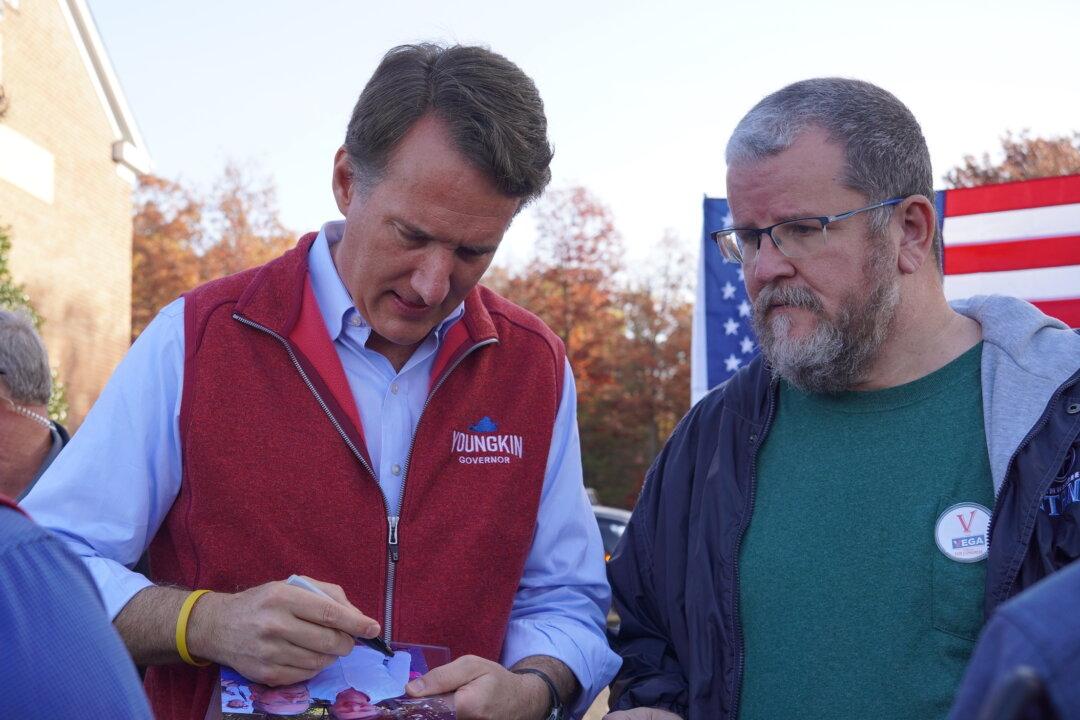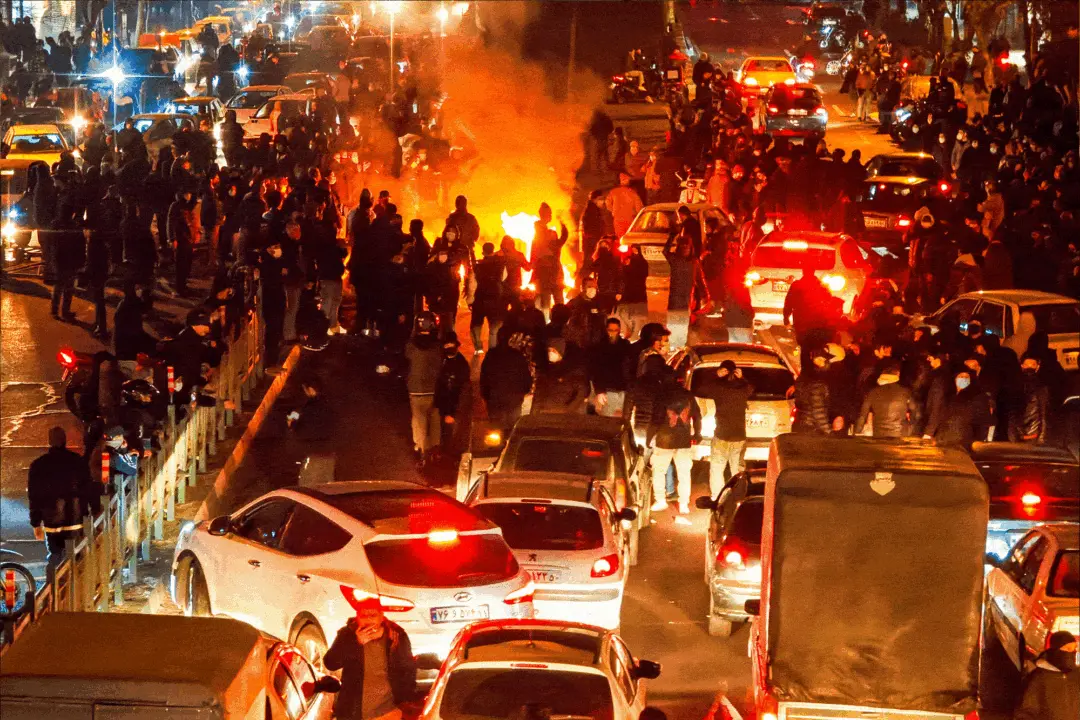Virginia Republican Governor Glenn Youngkin does not want his state to participate in a location bid for Ford Motor Co.’s build a battery manufacturing plant due to national security concerns associated with China. The automaker has an ongoing agreement with a Chinese company.
“We felt that the right thing to do was to not recruit Ford as a front for China to America,” Youngkin told reporters on Jan 11., after his State of the Commonwealth speech to the General Assembly. Later, Richard Cullen, the governor’s chief legal counsel, told the Washington Post that the battery project involved “national security risk-type technology.”




